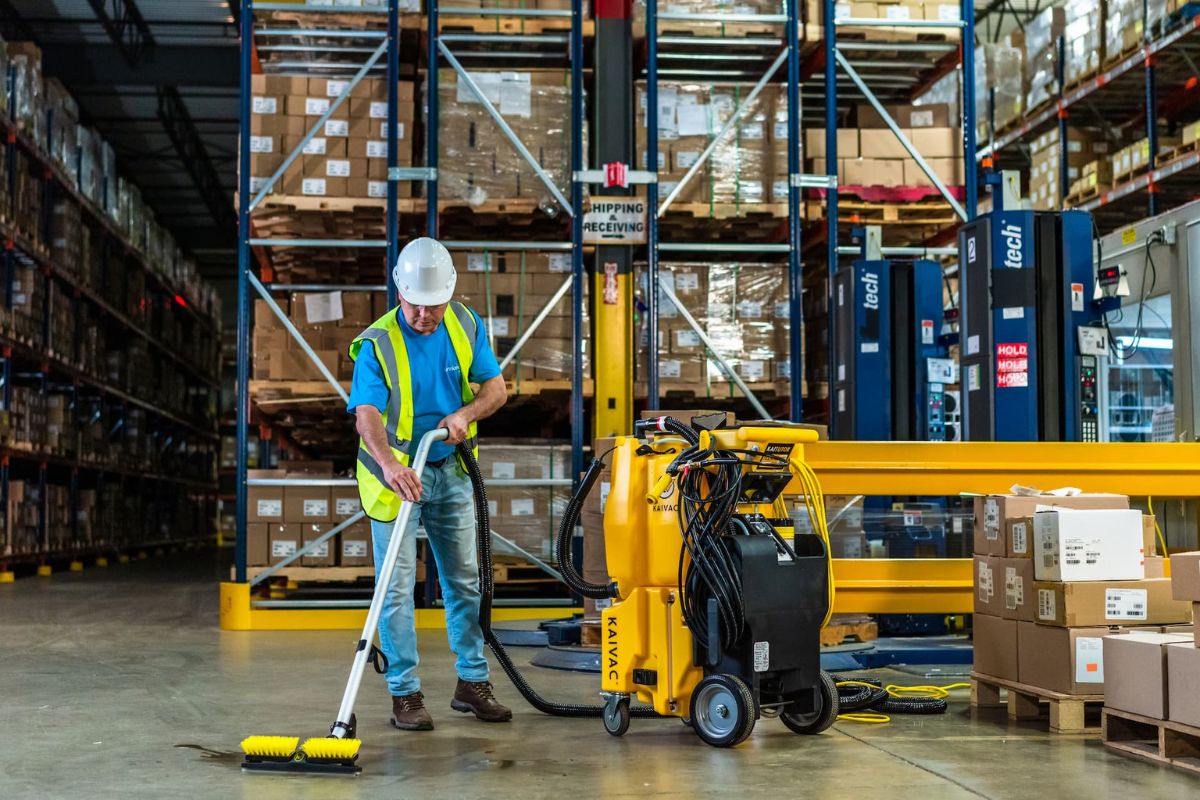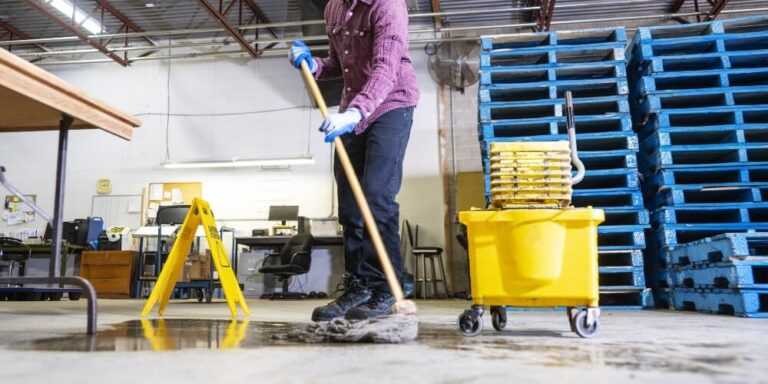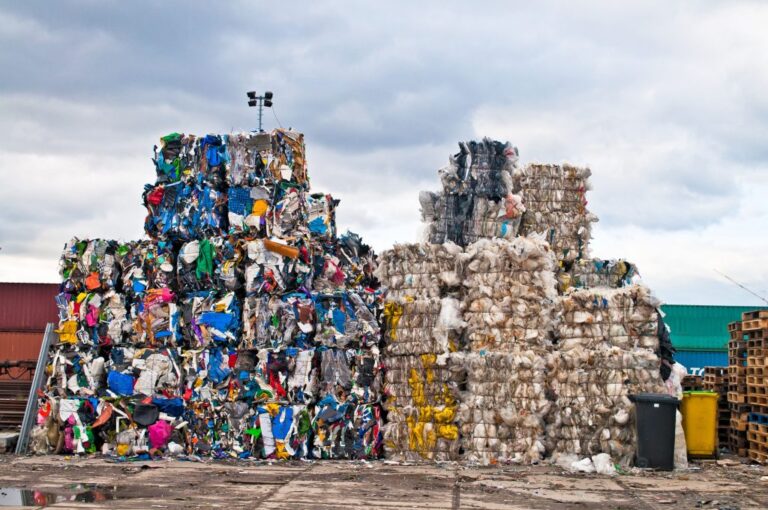Maintaining a clean and safe environment is crucial for any factory. Regular industrial cleaning is essential to ensure the safety and efficiency of operations, minimize hazards, and extend the life of equipment. But how often should you clean your factory? The answer depends on various factors such as the nature of your industry, the size of your facility, and the type of operations being carried out.
Understanding the Importance of Regular Cleaning
Industrial cleaning plays a significant role in maintaining optimal productivity levels. A clean factory helps prevent the buildup of dirt, dust, and other contaminants that could cause machinery to malfunction or reduce its lifespan. Moreover, it ensures the safety of your workforce by minimizing accidents or exposure to harmful substances.
A well-maintained factory also boosts employee morale. When workers operate in a clean, organized environment, they are more likely to be productive and take pride in their work. Moreover, regular cleaning prevents compliance issues related to health and safety regulations, reducing the risk of fines and penalties.
Factors That Determine Cleaning Frequency
Several factors influence how often a factory should undergo cleaning. The type of industry, the nature of production processes, and the amount of foot traffic in and around the facility all contribute to the level of cleaning required.
- Type of Industry
Factories engaged in food production, pharmaceuticals, or other industries involving sensitive materials require frequent cleaning to maintain hygiene standards. These industries must adhere to strict health and safety regulations, making regular cleaning crucial. On the other hand, factories in industries such as automotive or metalworking might have different cleaning requirements, with a focus on removing dust, oil, and grease.
- Size of the Facility
The size of your factory also dictates how often cleaning should occur. Larger factories with extensive production lines and multiple departments may require more frequent cleaning sessions. In contrast, smaller facilities may need less frequent cleaning, but regular attention is still necessary. The larger the factory, the more areas that need maintenance, from workstations to storage areas and machinery.
- Type of Production Process
The level of cleanliness required also depends on the production process in your factory. For instance, factories involved in manufacturing electronics might need more frequent cleaning to avoid contamination of delicate components. Similarly, factories using hazardous chemicals or working with volatile substances may require specialized cleaning to maintain safety and compliance with regulatory standards.
- Foot Traffic and Human Activity
The amount of foot traffic in your factory can impact the frequency of cleaning. Areas with higher foot traffic, such as entrances, hallways, and restrooms, require more frequent cleaning than areas with minimal human activity. The nature of the work being done in your factory can also contribute to cleanliness. For example, areas where employees handle raw materials may accumulate dirt and debris quickly, requiring more attention.
Types of Industrial Cleaning
Different types of cleaning are needed for various parts of a factory. Understanding these methods can help determine how often they should be implemented.
- Daily Cleaning
Daily cleaning is typically focused on areas with high foot traffic and where materials are handled regularly. For instance, workstations, production floors, and common areas should be cleaned daily to prevent contamination and maintain safety standards.
- Weekly Cleaning
Weekly cleaning may involve more thorough maintenance of equipment and machinery. This cleaning should include deep cleaning of floors, production areas, and any spaces that may not have been covered in daily cleaning. Equipment such as conveyors, vents, and cooling systems should also be inspected and cleaned weekly to prevent potential issues.
- Monthly Cleaning
Monthly cleaning focuses on more extensive tasks, such as inspecting and cleaning air ducts, exhaust systems, and hard-to-reach areas. In larger factories, monthly cleaning may also include deep cleaning of larger equipment or machines that accumulate grime over time. Depending on the type of factory, monthly cleaning might involve detailed checks of equipment to ensure it’s functioning optimally and reducing the risk of breakdowns.
- Annual Cleaning
Annual cleaning should be reserved for major maintenance tasks and deep cleaning activities that require shutting down production. During this time, all areas of the factory should be thoroughly inspected, and equipment should be disassembled for a more comprehensive clean. Annual cleaning is also the time to address any structural or facility-wide issues, such as repairing walls or floors, or replacing worn-out equipment.
Evaluating Your Factory’s Cleaning Needs
Ultimately, the frequency of cleaning your factory depends on a combination of factors. By carefully evaluating the size of your facility, the type of industry, the production processes, and the level of foot traffic, you can determine the optimal cleaning schedule. Regular cleaning helps maintain a safe environment, increase productivity, and prevent downtime caused by equipment failure.
Conclusion
Regular cleaning is an integral part of factory maintenance. It improves safety, productivity, and the lifespan of equipment. Keeping a clean and organized factory is essential for smooth operations and employee well-being. If you need assistance with industrial cleaning, it’s beneficial to consult with professionals to create a customized plan tailored to your specific needs.




